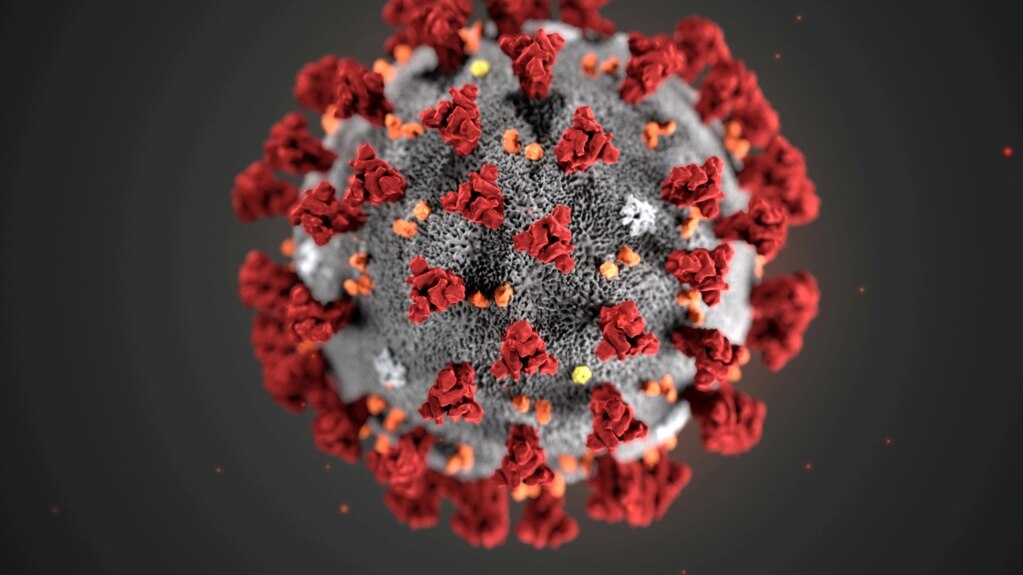
Some scientists are studying whether it is the presence of antibodies. Others are studying a part of the human immune system, known as T cells, which can protect people from viruses.
Recent studies show that some recovered patients who tested negative for coronavirus antibodies developed T cells in their immune systems. The reaction is believed to be the result of their COVID-19 infection. The studies are small and have yet to be confirmed by outside experts. However, some scientists now say that people who show few signs of sickness from the new coronavirus, or show no signs at all, may be actually killing off the infection with their T cells.
The findings add to the evidence that an effective COVID-19 vaccine will need to push T cells to work in addition to producing antibodies. This may also affect several treatments that are being developed. The recent findings may explain how immunity to the virus might work.
Dr. Alessandro Sette is studying the reaction to the coronavirus at the La Jolla Institute’s Infectious Disease and Vaccine Center in California. He said there is growing evidence that “people exposed to the virus have a transient (short-lived) antibody response,” or they have a T cell response without creating antibodies.
When a virus gets past the body’s infection-fighting white blood cells, another defense reaction starts. It causes the production of cells that attack the invading virus. The defense includes antibodies that can identify the virus and lock onto it, preventing its entry into a person’s cells. The body’s defense also can include T cells that can kill both invaders and the cells they have infected.
Sununu from Rotterdam 24-07-2020